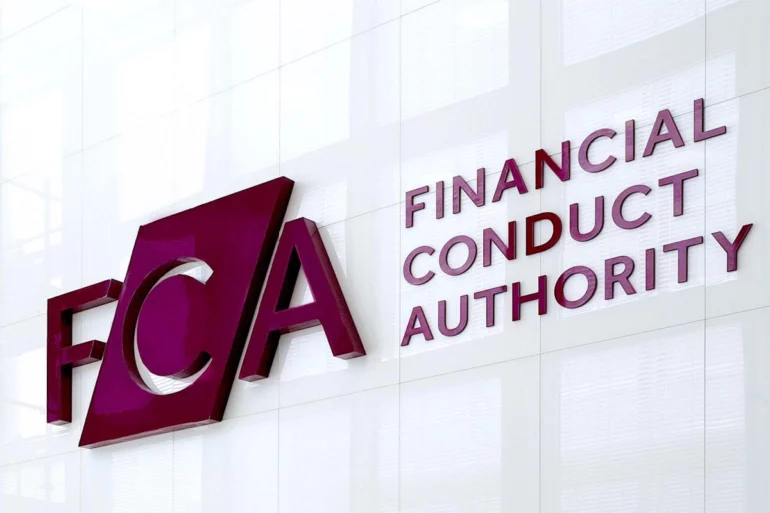In a major move to protect consumers struggling with debt, the Financial Conduct Authority (FCA) has implemented a ban on specific providers of debt advice from receiving referral fees from debt solution providers.
The ban aims to save debt-ridden consumers thousands of pounds in unnecessary fees and guarantee that they receive higher quality advice.
This move targets the business model that drives debt packagers to recommend certain financially beneficial options, as opposed to those in the customer’s best interest.
Debt packager firms typically earn money from fees paid when consumers are referred to solution providers, such as an Insolvency Practitioner for an Individual Voluntary Arrangement (IVA) in England, Wales and Northern Ireland, or a Protected Trust Deed (PTD) in Scotland.
However, other solutions such as Debt Relief Orders (DRO) in England, Wales and Northern Ireland, or Minimal Asset Process (MAP) in Scotland, which do not earn debt packagers any fees, may be more suitable for some consumers.
The costs associated with IVAs or PTDs can tally up to £3,650 or more over their lifetime, a stark contrast to less than £100 for options such as DROs and MAPs, if the individual is eligible.
The FCA has uncovered instances of debt packagers seemingly manipulating customer details to meet the criteria for IVAs/PTDs and using persuasive language to promote products without clearly outlining the associated risks. In the most severe cases, the FCA has identified instances of customers in financial hardship being recommended solutions which caused greater harm.
Starting today, new entrants to the debt packager market will be subject to the ban. Existing debt packager firms have been given until 2 October this year to alter their way of conducting business or risk facing regulatory action.
Sheldon Mills, executive director of consumers and competition at the FCA, said: “Good quality debt advice is vital in helping people out of financial difficulty, and poor advice can have a devastating impact on those already struggling. This ban will stop the business model incentivising bad advice and reduce harm for consumers. We are giving existing firms four months to adapt.”
The FCA continues to aim to ensure that credit markets function effectively for borrowers and firms. It desires that debt advice firms offer a high-quality debt advice service to consumers, assisting them in managing their debts and providing access to suitable debt solutions.
Since the FCA first raised concerns in July 2021, firms representing two-thirds of the market in customer numbers have either left or suspended their activities.
The FCA is also issuing guidance on how unauthorised businesses, who source potential customers and recommend them to debt solution providers offering only one debt solution, may need to seek authorisation from the FCA.



